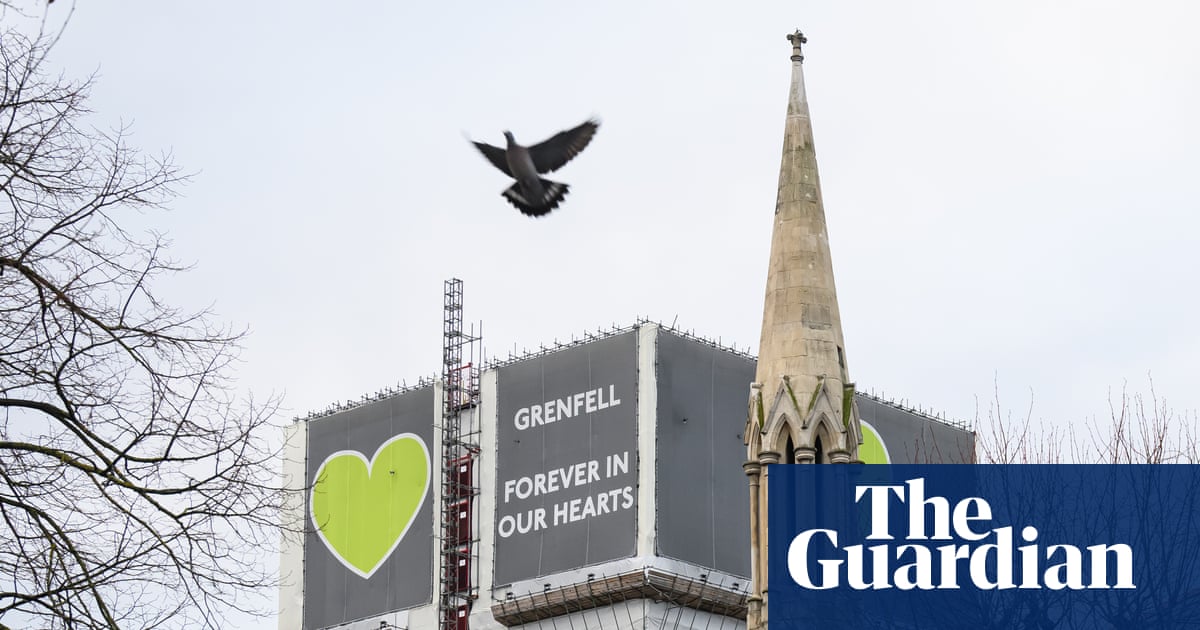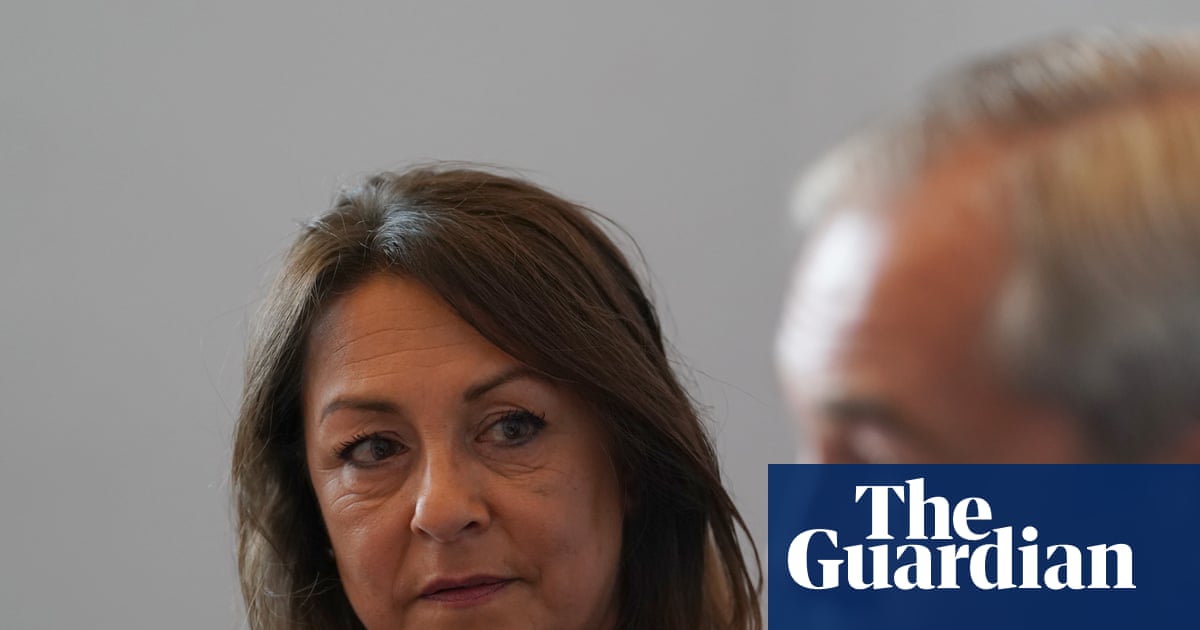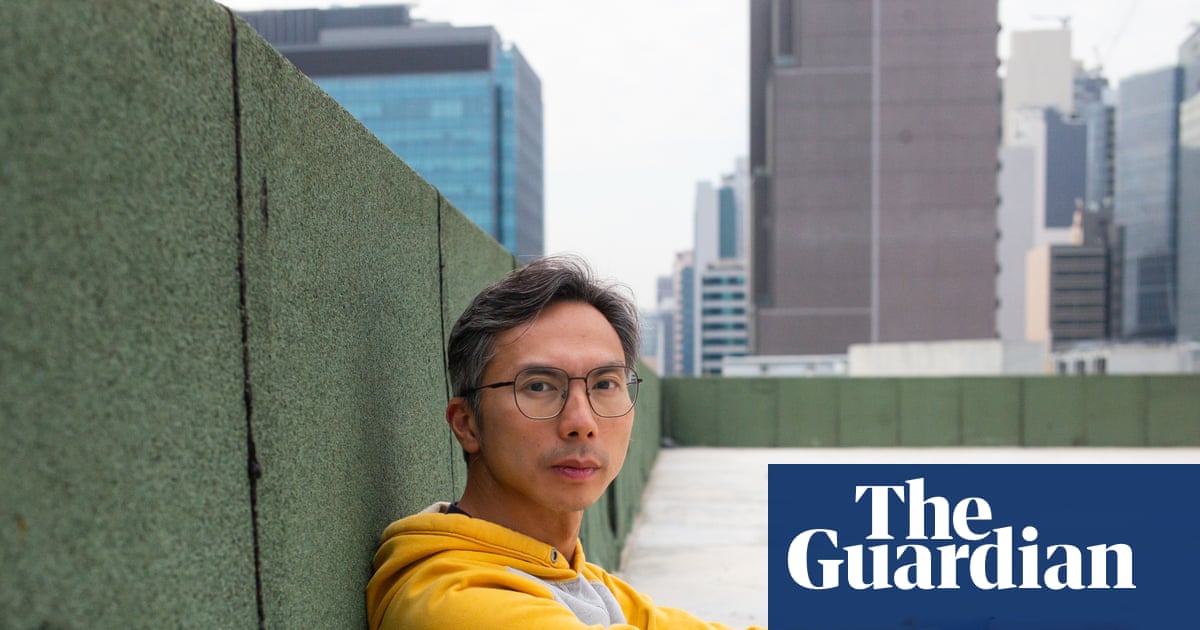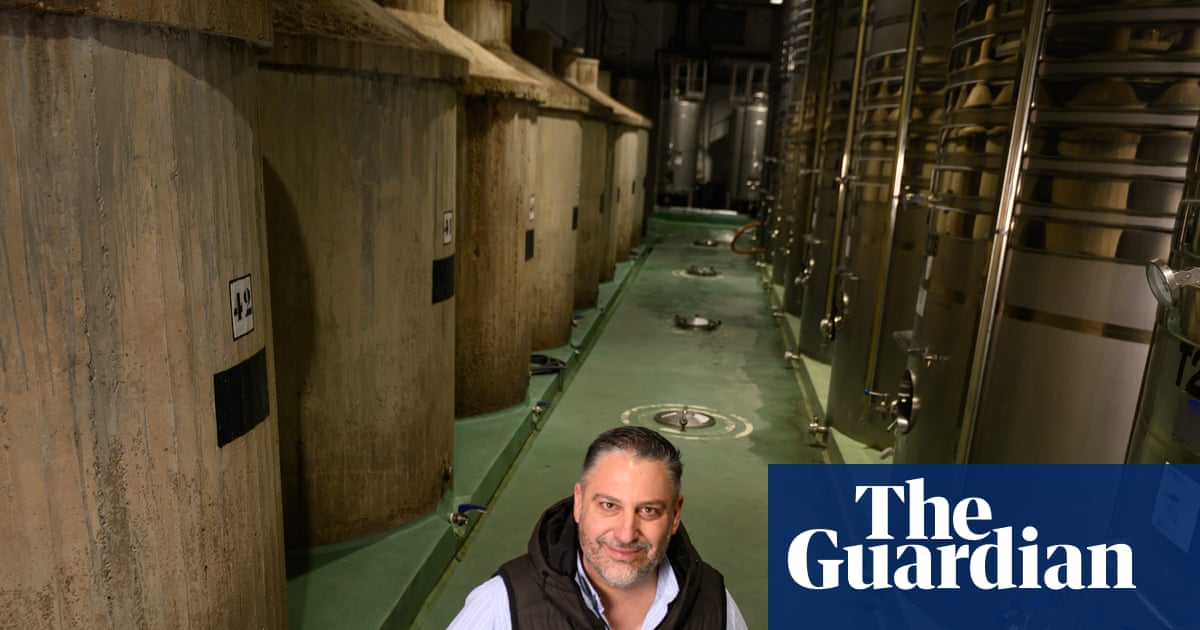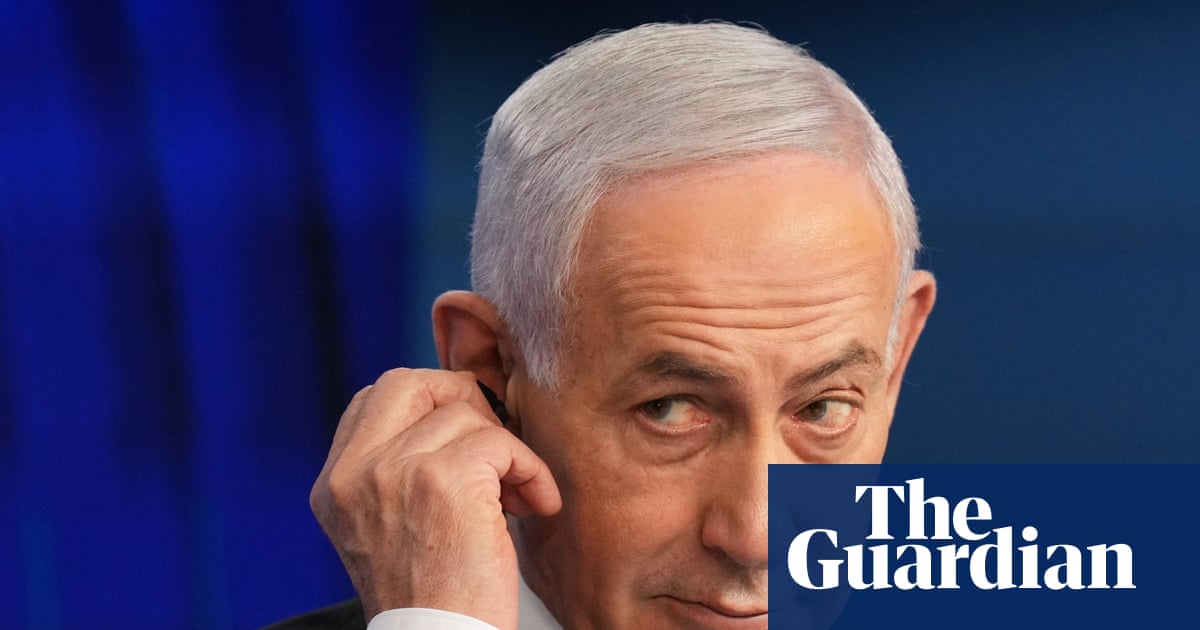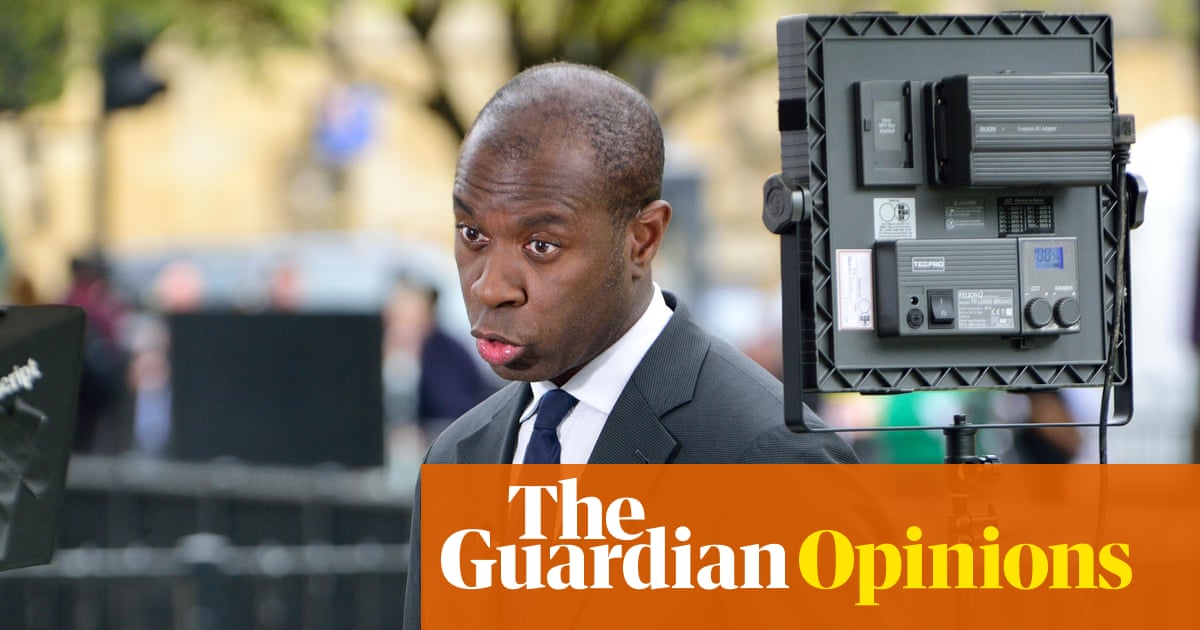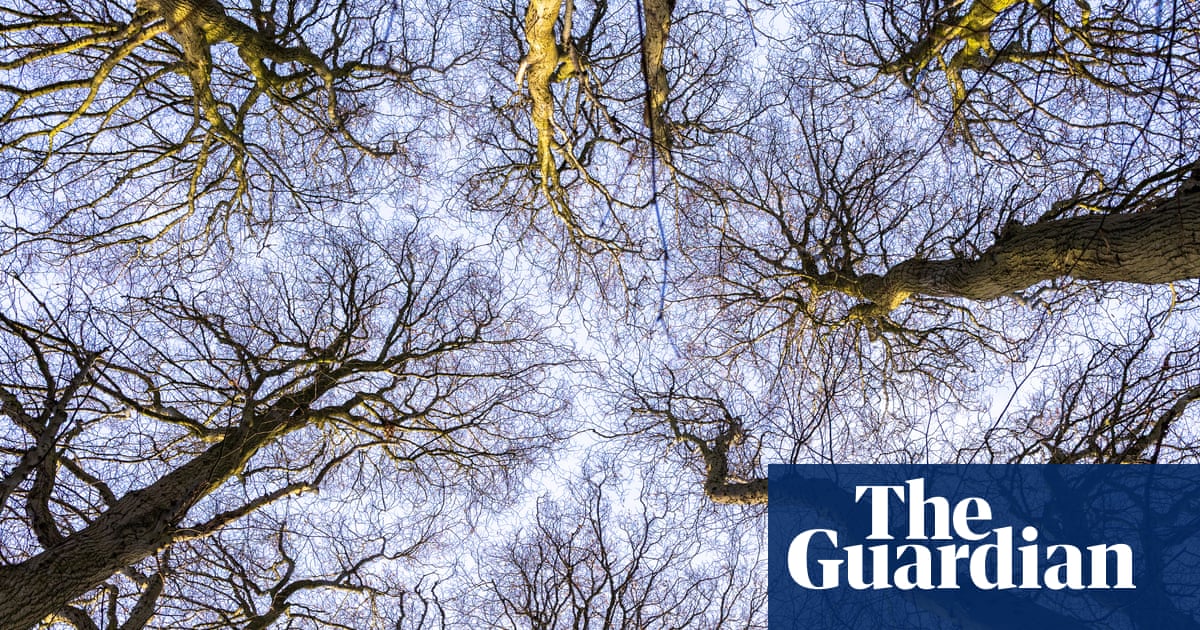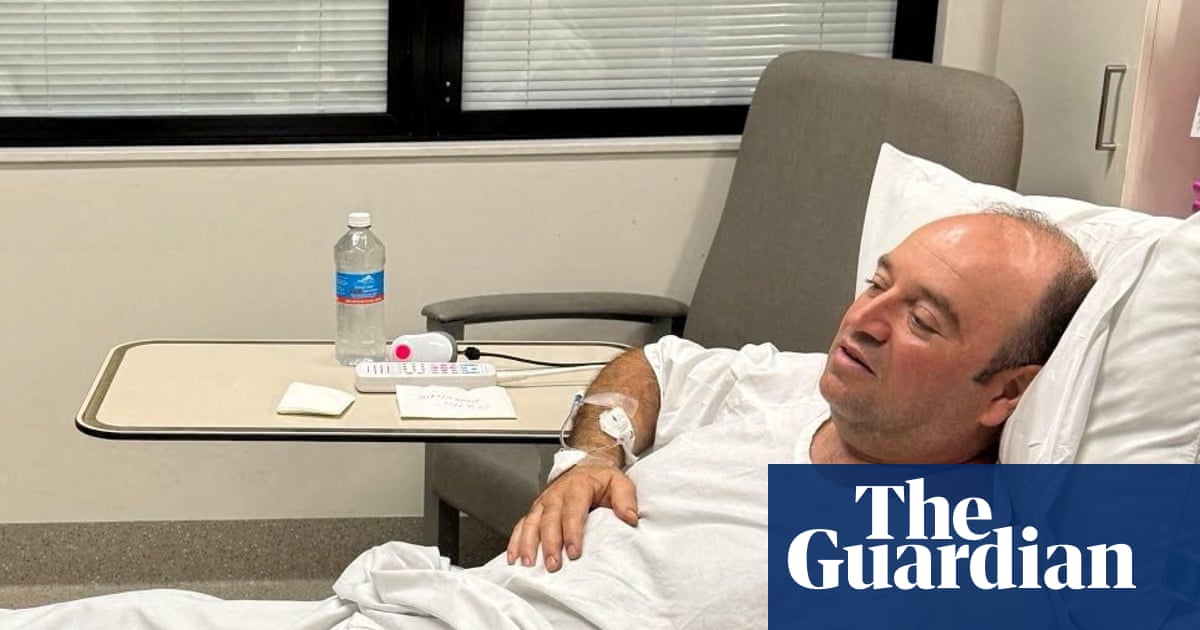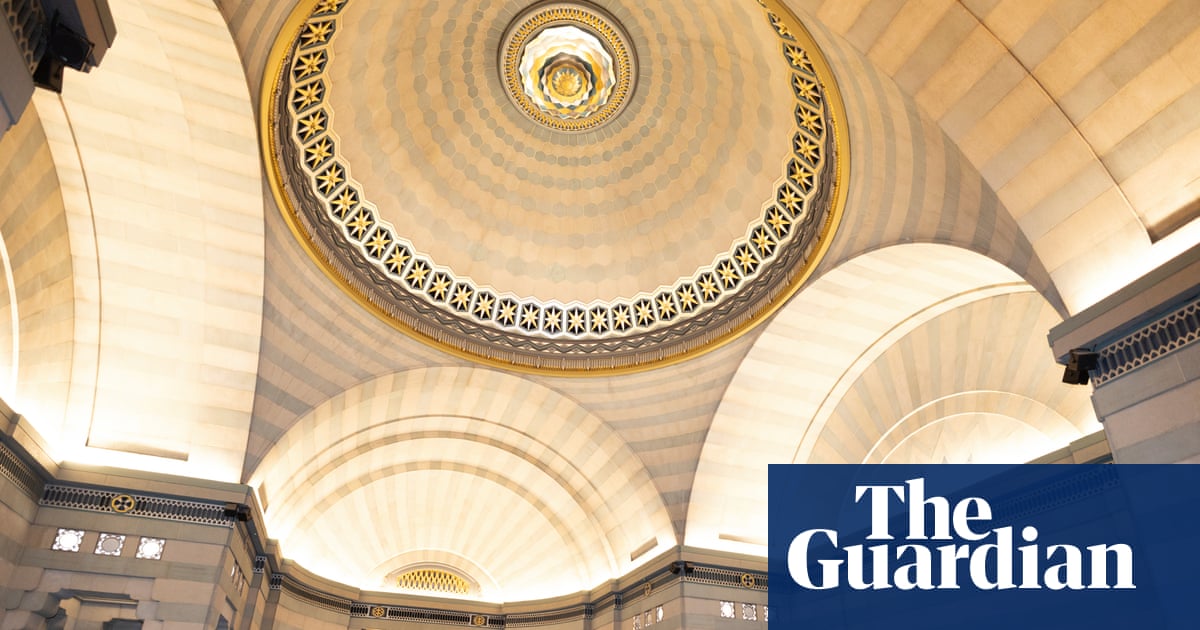On the surface, Broughton Park, in Salford, Greater Manchester, is a typical slice of British suburbia.
Leafy streets wind off a hill, lined with period properties, in an area where house prices have risen fast in recent years as families move there from across the UK, and abroad, attracted by the local way of life.
This neighbourhood is home to one of the fastest growing – and one of the largest – Orthodox Jewish and Haredi Orthodox communities in Europe, which makes some of its needs unique.
It isn’t unusual for couples to have 10 children here, or for grandparents to live in the same household. Eating out here is rarer, as strict kosher rules mean families have fewer options, and what’s eaten at home is often imported.
This means more nappies, more plastics and more demand for bins in a city where domestic waste – excluding food, garden waste and paper recycling – is typically collected only once every three weeks.
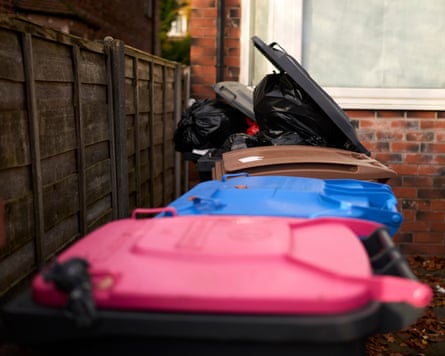
But when a local councillor proposed a radical solution to the area’s bin problems, it sparked death threats, a backlash from rabbis across the country and antisemitic rumours of “a Jewish council taking over”.
Earlier this year, Andrew Walters, the rapporteur for waste in Salford, proposed a breakaway town council for Broughton Park that he hoped would give local people more control over bins and public spending. On 19 November, councillors in Salford – a city of nearly 300,000 people – are expected to vote on the “Town of Broughton Park” plan, nicknamed BrePxit (Broughton Park exit).
However, in a statement this week, Salford’s city mayor, Paul Dennett, said he feared the proposal posed a risk to community relations and safety, after last month’s attack on a Manchester synagogue a mile away from Broughton Park.
Dennett spoke out after 47 British rabbis urged him to “veto” the proposal. Letters obtained by the Manchester Evening News revealed some Jewish community religious leaders feared the proposed new council, which would cover an area of 10,000 voters over two neighbouring wards – Kersal and Broughton Park, and Broughton – would be seen as an “ethnic” political enclave, jeopardising Salford’s amicable community relations and generating “strife, violence and hate crimes”.
The council held a consultation on the parish council plan after a community governance review was triggered by a petition signed by at least 7.5% of the residents affected – about 1,000 residents. A source said Salford council had received its largest ever response to a public consultation on the plan, including expressions of support, antisemitic messages and fears of division.
Salford’s Jewish population doubled to 10,373 between 2001 and the last census in 2021, driven by high Haredi birthrates and large, young families moving to the area, according to the Institute for Jewish Policy Research.
Walters, an independent councillor for Kersal and Broughton Park, said his “hyper-localisation” governance proposal was never intended to be “ethnocentric” in an area that also has significant white, black and Asian populations. He said he was concerned a “one-size-fits-all” approach to services wasn’t meeting local, idiosyncratic needs in an area where he believed there was more demand for play spaces and bins than adult social care.
“Waste collection is the same whether it’s a single-person household or a family of 12 – people cannot manage,” he added.
However, misunderstanding about the motive and uncertainty about the plan’s cost had spread in the current anti-immigration climate, he said.
“I’ve personally had death threats, which are subject to an ongoing police investigation,” he said. “Some of the non-Jewish populace felt that this was going to be a Jewish council taking over [and] some members of the Jewish community felt that it would cause community tensions.
“This is a democratic process recognised under statute. It’s not a religious council by any sense. Anyone can stand as a councillor unless otherwise disqualified. But there’s that fear factor, exacerbated due to the recent terror attacks, that we need, as Orthodox Jews, to keep a low profile. And this was wrongly seen by some as an ethnocentric thing, which it completely is not.”
On 2 October, Adrian Daulby, 53 and Melvin Cravitz, 66, were killed after Jihad Al-Shamie attacked Heaton Park Hebrew Congregation synagogue.
In a recent letter to Dennett, rabbis wrote: “Even at the best of times, the instigation and creation of a parish council by an ethnic minority is for obvious reasons not to be encouraged. What would Great Britain look like were the map to be dotted with numerous enclaves of parish councils created and governed by diverse ethnic, religious or political groups?”
In a statement, Dennett said: “Following the receipt of the letter of concern from 47 rabbis across the country, I want to make it clear that I share their concerns regarding community cohesion and safety – particularly in light of the horrific [synagogue] attack.”
Walters, a member of the interfaith Muslim Jewish Forum of Greater Manchester, said the process had shown an appetite for local democracy, while highlighting the need for community cohesion.
He added: “I deal with Jewish and non-Jewish constituents and do my best to help everyone equally.”

 1 month ago
59
1 month ago
59








